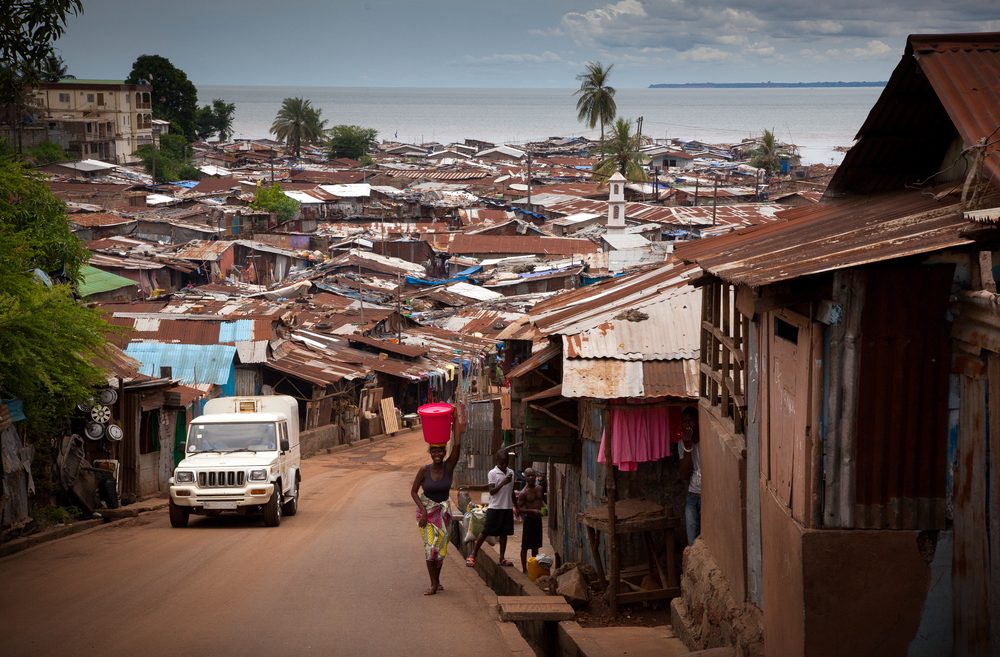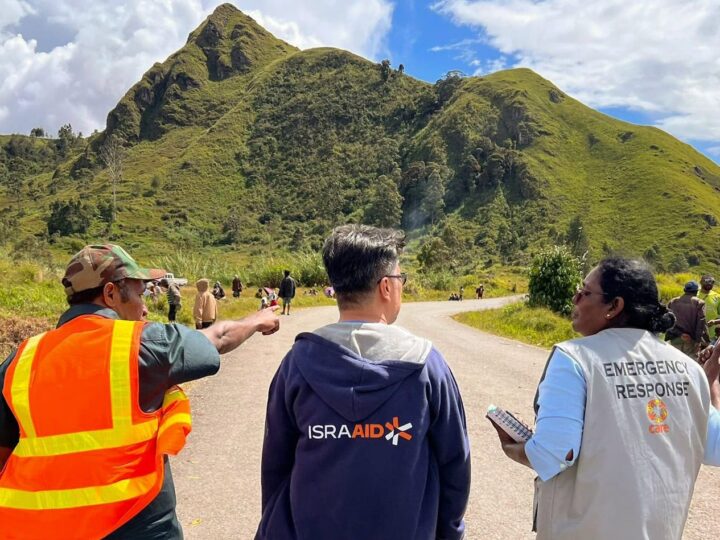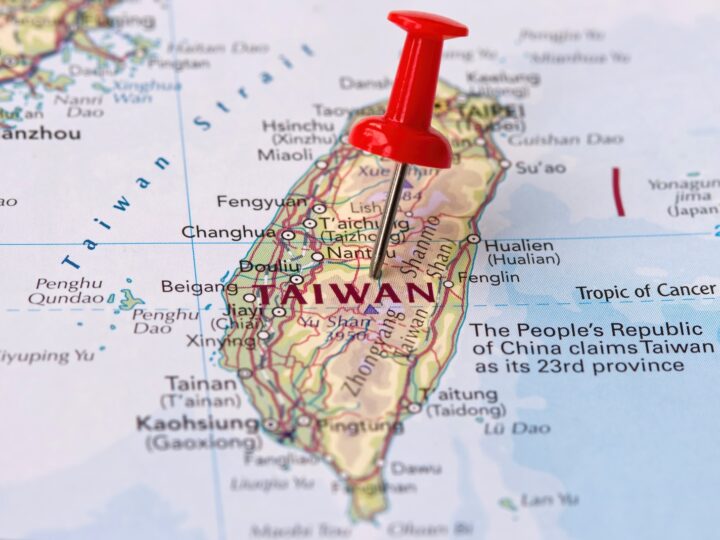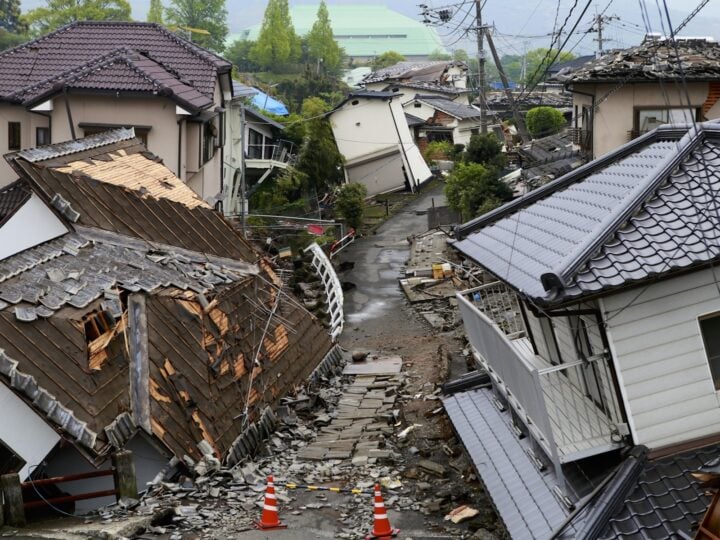Israeli humanitarian aid workers are helping survivors in the wake of heavy flooding and a devastating mudslide which buried houses on the outskirts of Sierra Leone’s capital, Freetown, early on Monday morning.
So far more than 300 people are reported dead, thousands are still missing, and some 2,500 have been left homeless after the disaster, which happened when torrential rain led to the worst flooding in decades.
Torrents of water rushed through the city in the early hours of the morning, sweeping away entire homes, creating mudslides and leaving massive destruction in its wake.
At least 100 houses were hit when a hillside in Regent, a town near Freetown, collapsed on Monday morning. Some buildings were completely submerged by the mud, burying inhabitants as they slept.
Workers from IsraAID, an Israeli non-governmental humanitarian aid organization working in Sierra Leone in partnership with the American Jewish Committee and the Israeli Embassy of Senegal, have been helping to recover bodies from the water, and offering survivors food, clean water, sanitation, and other essential items, as well as psychological assistance and stress relief.
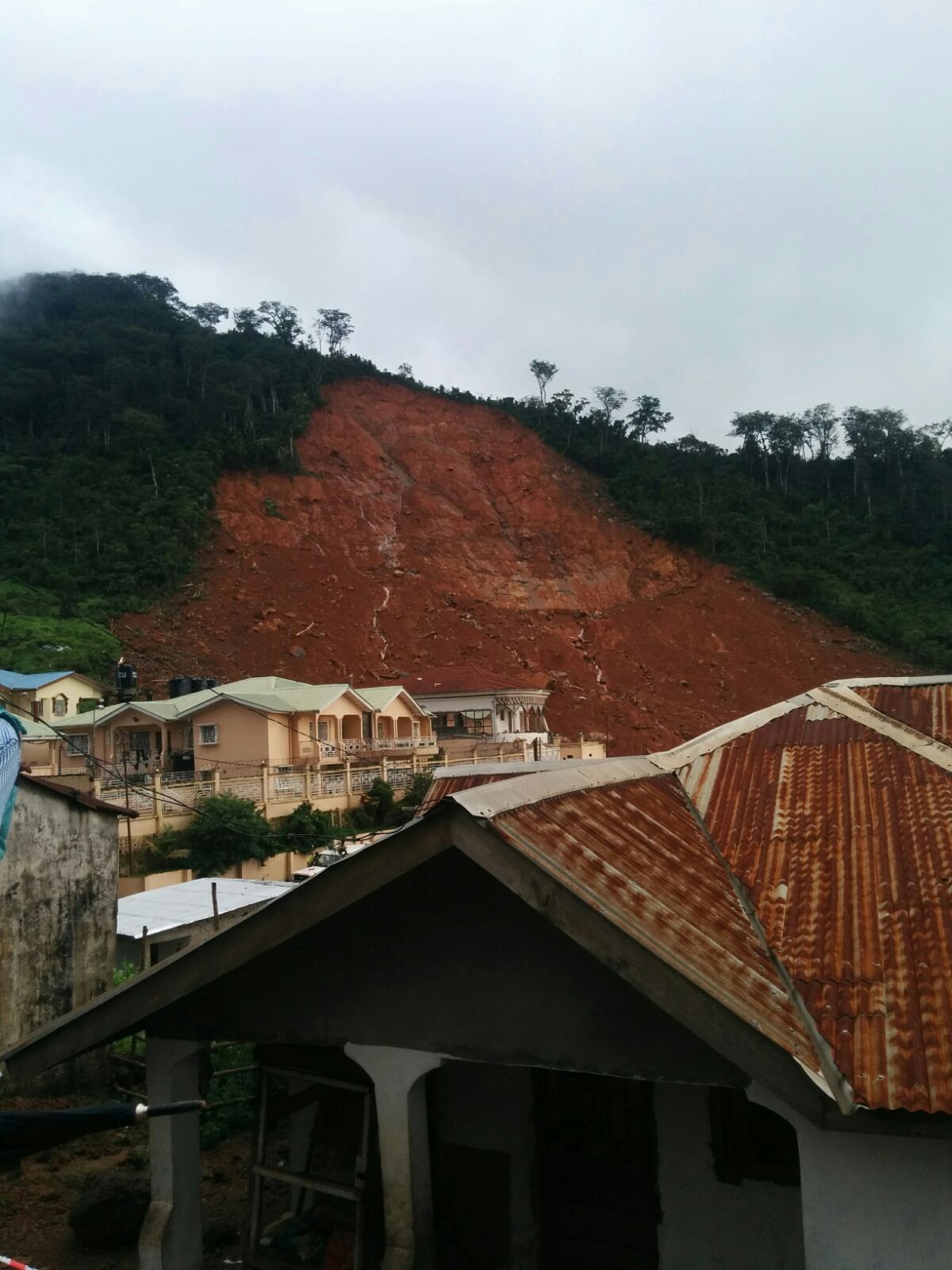
“People are overwhelmed by the enormity of the disaster,” said Andra Weissberger, IsraAID’s country director in Sierra Leone. “Bodies were carried through the streets in the rushing water. Our staff was helping retrieve them so that the Red Cross could come and collect them. Many of the bodies recovered were severed, leaving it difficult to give an accurate picture of the death toll.”
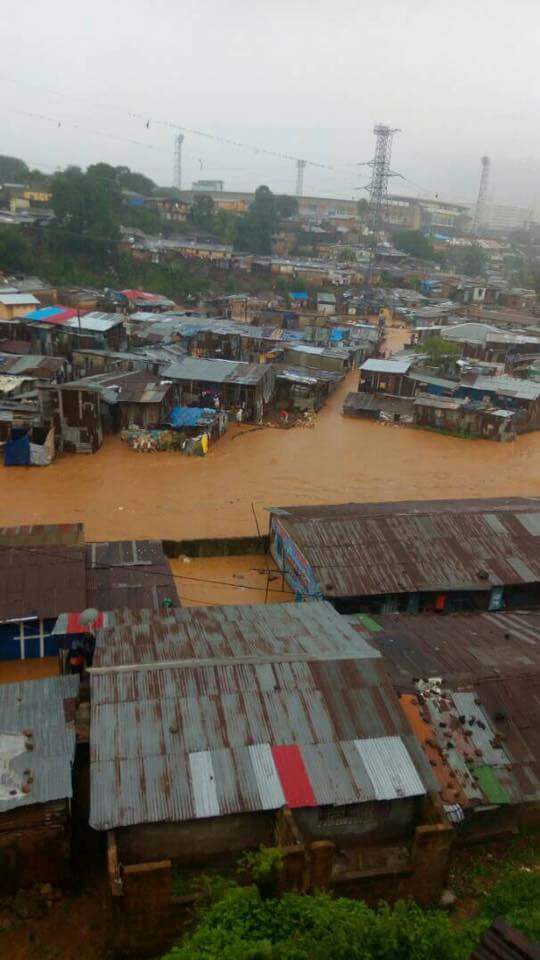
IsraAID has been working in Sierra Leone since 2014, offering support to Ebola epidemic survivors. The Ebola epidemic in Sierra Leone claimed 4,000 lives.
IsraAID, which currently offers long-term aid programs in 17 countries, helped train many local professionals in psychological assistance, stress relief, and self-care.
According to IsraAID staff, Monday’s disaster has overwhelmingly affected the most impoverished in Freetown, an already vulnerable population.
“Those in the path of the flooding reside in makeshift settlements that are unable to support the fast-moving water and mud as it overwhelms the area,” IsraAID said in a statement.
IsraAID officials say they fear survivors of the disaster are at high risk of a cholera outbreak.
A national emergency has been declared in the city.




